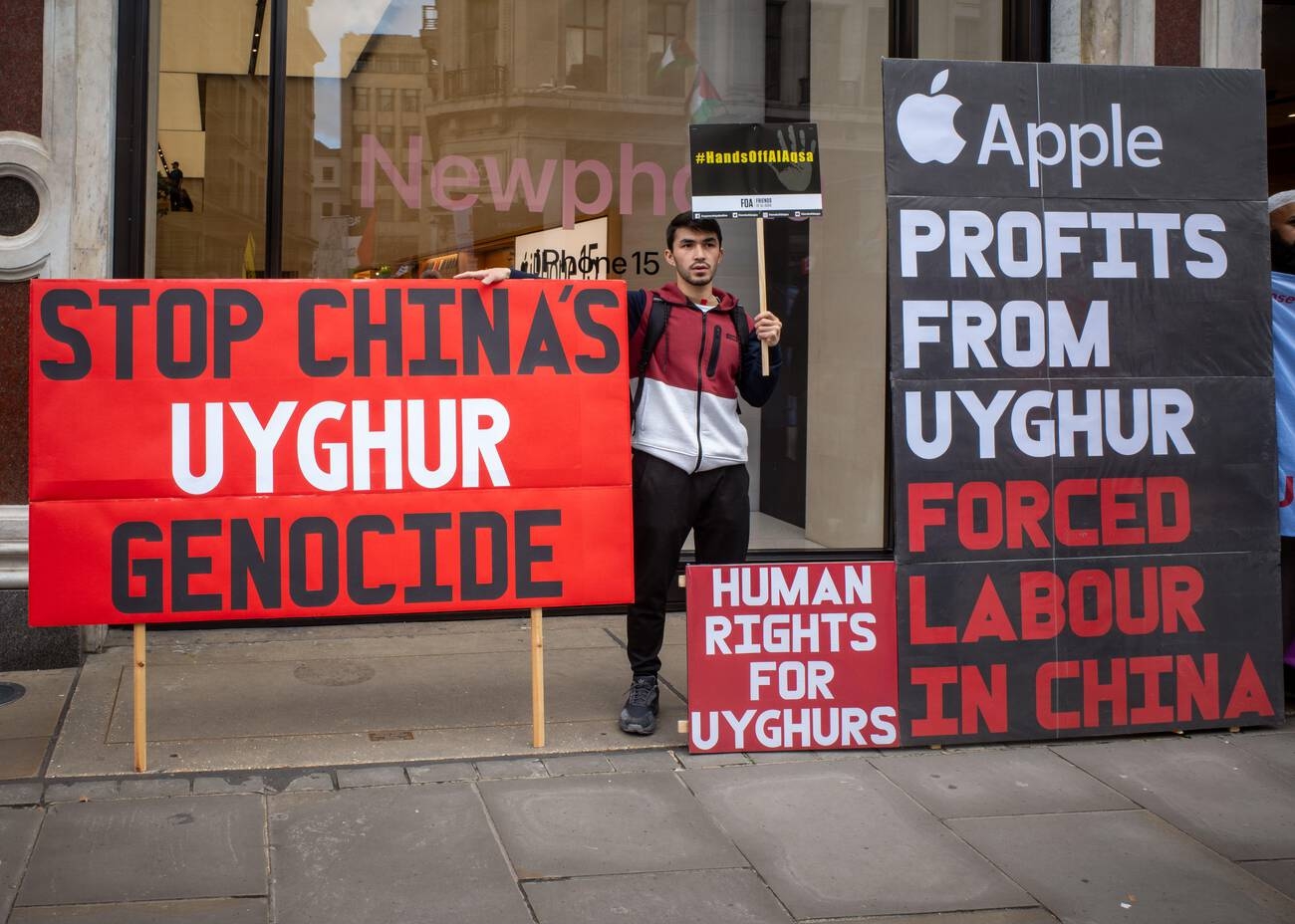Human Lives Human Rights: The international organization Human Rights Watch condemned the rejection of all appeals submitted by those convicted in the second largest unjust mass trial in the UAE, asserting that the Abu Dhabi regime is dismantling civil society in the United Arab Emirates.
In a statement, the organization noted that an Emirati court rejected all appeals on March 4, 2025, solidifying unjust convictions and sentences against 53 human rights activists and political opponents. The decision is final and cannot be appealed.
On July 10, 2024, the “Federal Appeals Court” in Abu Dhabi convicted the 53 defendants and sentenced them to imprisonment ranging from 10 years to life after a trial characterized by violations of due process and fair trial standards.
Sources familiar with the situation informed Human Rights Watch that the defendants’ lawyers had appealed the sentences.
Joyce Shia, a researcher on the UAE for Human Rights Watch, stated: “The finalization of harsh sentences against 53 political opponents and human rights activists in the UAE highlights that the violent suppression of peaceful critics remains the prevailing system in the country. This ruling reveals the farce of the UAE justice system when it comes to political opposition.”
In December 2023, during the hosting of the United Nations Climate Change Conference (COP28), Emirati authorities charged at least 84 individuals in retaliation for forming an independent advocacy group in 2010. Many of them were already serving sentences for similar offenses.
According to the international organization, the mass trial was fraught with serious violations of due process and fair trial rights, including restrictions on access to case materials and information, limited legal assistance, and judges coaching witnesses.
This also included violations of the principle of non bis in idem (prohibition against double jeopardy), credible allegations of severe abuse and mistreatment, and hearings conducted in secrecy.
In July 2024, the court sentenced 43 defendants to life in prison, while others received sentences ranging from five to 15 years, and charges against 24 others were dismissed. The Public Prosecution has appealed the dismissed cases, which the court is scheduled to review on April 8.
In addition to those involved in an earlier unfair mass trial, prominent activists such as Ahmed Mansoor, a member of Human Rights Watch’s Middle East and North Africa Advisory Committee, and academic Nasser bin Ghaith were tried in the new case.
Human Rights Watch stated that the Emirati authorities should immediately annul the convictions and release all defendants, as the charges are based solely on the peaceful exercise of their human rights and stem from an unjust trial.
On March 1, the official Emirati news agency announced that the “State Security Court of the Federal Supreme Court” would issue its ruling on the appeal on March 4, marking the first and only session for the appeal.
None of the detainees attended the session, and only one lawyer for the defendants was able to be present, according to the “UAE Advocacy Center,” a human rights organization supporting imprisoned human rights defenders in the UAE.
A relative of one of the defendants stated that the Emirati authorities prevented at least one other lawyer from attending the session, claiming he would be informed of the appeal results within two days.
Article 245 of the Emirati Criminal Procedure Law allows for appeals within 30 days. However, the family claimed that authorities still had not granted the defendant’s lawyer the right to access the case file when 30 days had passed since the ruling.
More than 30 days after the July ruling, Emirati authorities finally summoned the lawyer to the prosecutor’s office, allowing him a single viewing of the case files on a computer, according to the relative.
The lawyer was not given a physical or electronic copy of the documents for external review, only permitted to take notes.
The UAE Advocacy Center indicated that little is known about the 53 defendants, as most are denied visits and communications with their families. One relative noted, “From what we’ve heard, they were moved from solitary confinement, but nothing is confirmed as there are no reliable sources of information. There is no real way to obtain information. We believe this is just a sham trial.”
In a statement issued in January 2024, Emirati authorities accused the 84 individuals of establishing and managing a secret terrorist organization in the UAE known as the “Justice and Dignity Committee.”
The charges appear to be based on the Emirati 2014 Anti-Terrorism Law, which is deemed arbitrary and prescribes penalties including life imprisonment or even death for anyone who establishes, organizes, or manages such organizations.
The UAE Advocacy Center asserts that at least 60 defendants had already been convicted in 2013 for their affiliation with the Justice and Dignity Committee. In 2013, the unjust “UAE 94 Trial” resulted in the convictions of 69 government critics, eight of whom were tried in absentia, on charges that violated their rights to freedom of expression, assembly, and association.
These 69 individuals were among 94 people initially arrested in March 2012 during an unprecedented crackdown on dissent.
The international human rights organization concluded that “the Emirati authorities must annul these convictions and release the accused immediately and unconditionally.”


















